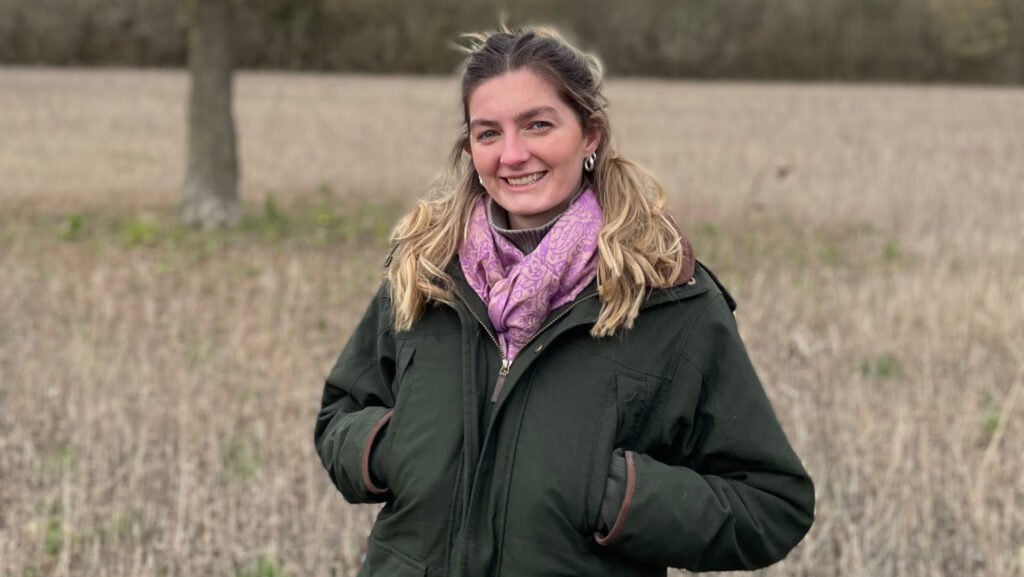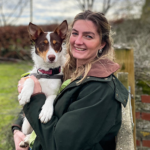Daisy Wood: Farming is ‘a mystery in plastic’ to most people
 © Daisy Wood
© Daisy Wood Despite growing up on a farm, I went to school in a city and sadly don’t have many farming friends.
As a result, I often feel I miss out on rural discussions – the weather, ground conditions and, my favourite, soil.
My early-bird tendencies usually keep me away from the pub, but it’s where I found myself recently for a friend’s birthday.
See also: Emily Lees – how farmers rallied to help after accident
Almost everyone there was a city slicker, commuting to London for the 9 to 5.
I ended up deep in conversation with a Westminsterite who wanted to chew over farming affairs (I also threw in some soil chat, but I don’t think it excited him as much as it did me!).
The conversation started well – he proudly declared his support for British farmers and had even attended government agricultural consultations.
But when I asked what he thought about inheritance tax changes or bovaer, the discussion quickly hit a rough patch – our bridged gap became a bogged tractor.
He had the right intentions, but like most consumers, his knowledge of farming realities only scratched the surface.
To him, and everyone else at the birthday bash, food comes from a supermarket, not a farm.
He was shocked to learn that current labelling laws can mislead customers into thinking their breakfast bacon is British, when it could have been reared overseas and only UK cured.
As for inheritance tax? The idea that a family farm, worked for generations, could be sold off to pay a tax bill left him completely baffled.
Like many, he assumed it only affected a handful of wealthy landowners.
While we cannot expect consumers or policymakers to know everything about farming, the pub chat was a reminder of the knowledge gap between those who grow our food and those who buy it.
For most, farming is a mystery wrapped in plastic packaging.
So, next time you find yourself sat next to a city dweller, strike up a farming chat. It’s a chance to share your passion, clear up misconceptions, and maybe even bridge the farming gap.
If nothing else, it’s the perfect excuse to talk about your favourite topics!


